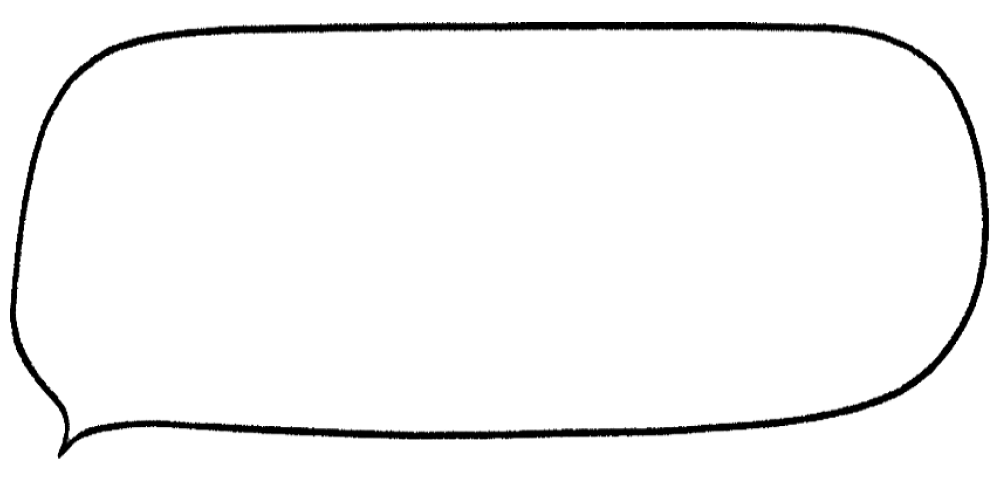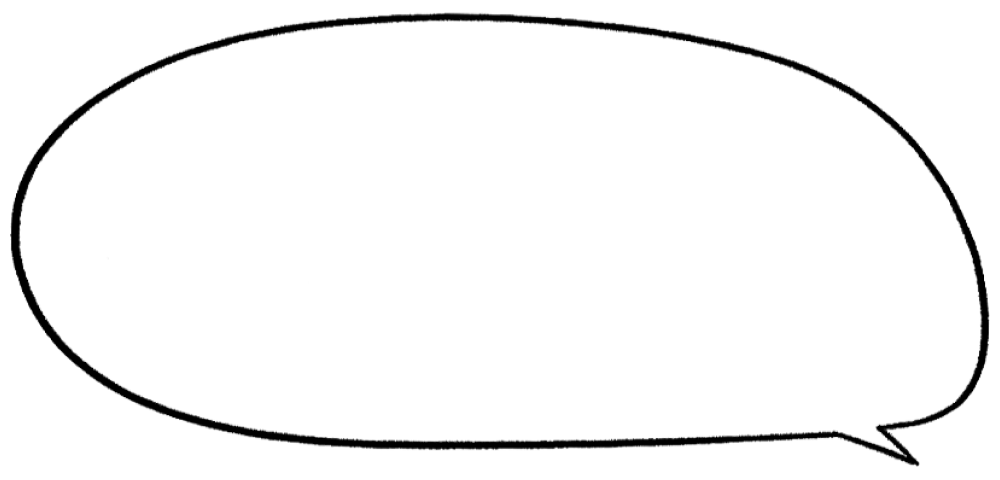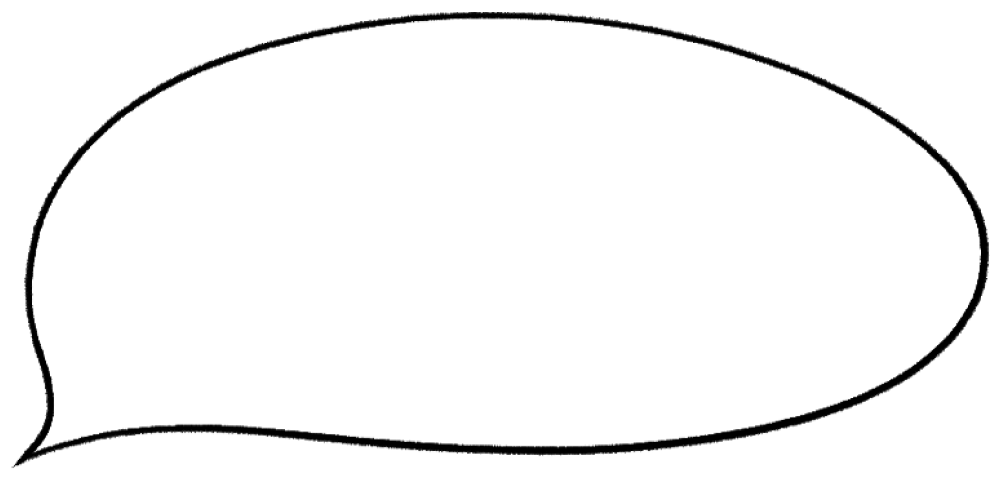
Chipper Cash drives more intentional work with Notion
Chipper Cash helps three million people send and receive money across Africa and beyond. Its global team adopted a culture of documentation on Notion to cut unnecessary meetings and produce a single source of truth for every idea, task, and project.
One workspace.
All info easy to find.
With a rapidly expanding business, Chipper Cash knew their knowledge management system needed to change, too. Writing things down wasn't the problem—it was all the random files floating around Dropbox, Google Drive, and Microsoft Office. No one knew what was usable or up-to-date.
With Notion, Chipper Cash shifted to a more intentional system to document their work. Each project, whether it's a marketing campaign or feature spec, has one doc with all updates recorded. It's a more efficient and trusted system of documentation.

Having all project decisions written down and shared across the organization doesn't eliminate the need for questions, but it's so much easier to find answers.
Co-founder and President
A unified roadmap to manage increasingly complex launches
As part of this culture shift, Chipper Cash created one database for all projects in flight, linking together previously disparate data. For a startup that grew from 700,000 users to 3.5 million in one year, having one roadmap was a blessing — especially since they’re launching features that require more cross-functional work than ever.
“There are so many more levels of detail, so things take longer to build now,” says Hasan. “It's not just me and the co-founder hacking something over the weekend."
With all project specs, discussions, and assets collected together, people can focus on their work, rather than searching for information and sending emails.

Notion doesn’t help us ship things faster — it helps us ship better.
VP of Growth Marketing
Asynchronous updates that replace meetings
A growing team also ushered in more meetings. Product in particular was holding multiple meetings a week to report on progress, challenges, and opportunities.
With Notion, the team shifted to more asynchronous communication. Instead of relying on standing meetings to share knowledge, people build living project documents with sections for tasks, questions, and discussions.

Notion has reduced meetings by 15%. Across 100 people, that’s a significant saving.
Co-founder and President
Request templates that anticipate questions
Another team that's benefited from more intentional communication is design. Instead of vague requests for graphics or landing pages, they use a template in Notion.
The template prompts people to think more deeply about what they actually need. That way, the conversation can jump to more informed discussion and designers can make progress faster. There's no need to chase teammates on Slack for answers to basic questions.
"The Notion template worked so well with our design team that we're rolling it out to other departments," says Hasan.



